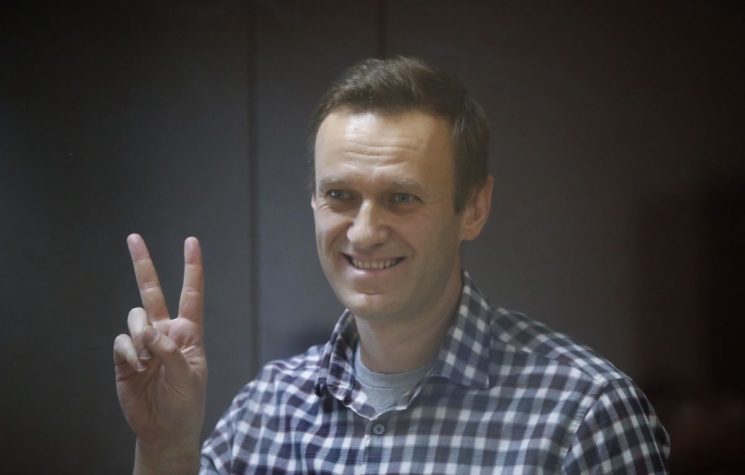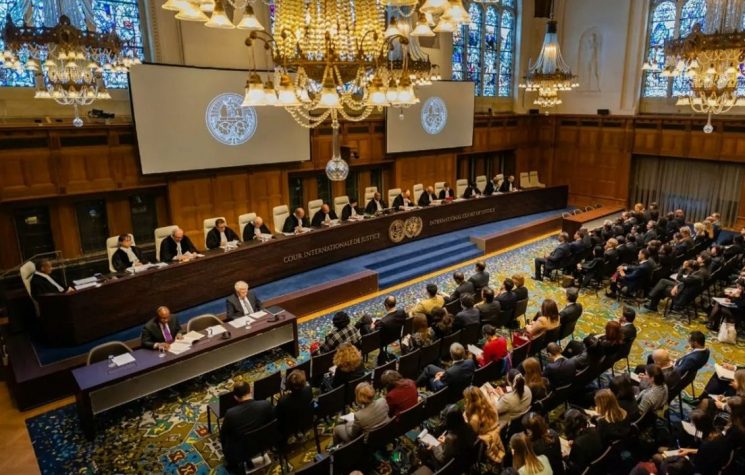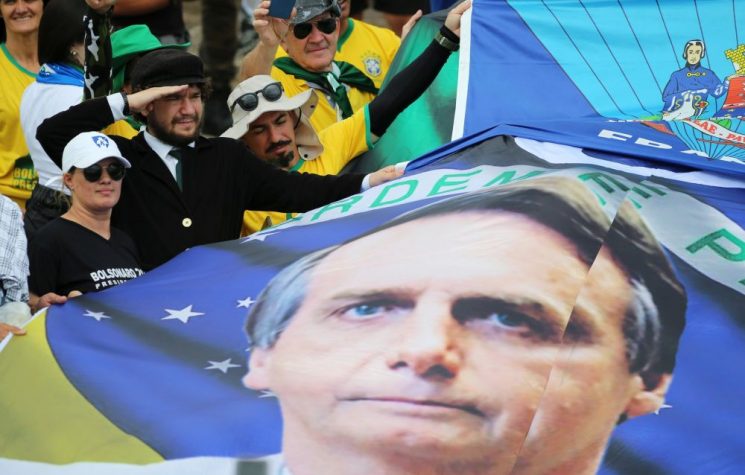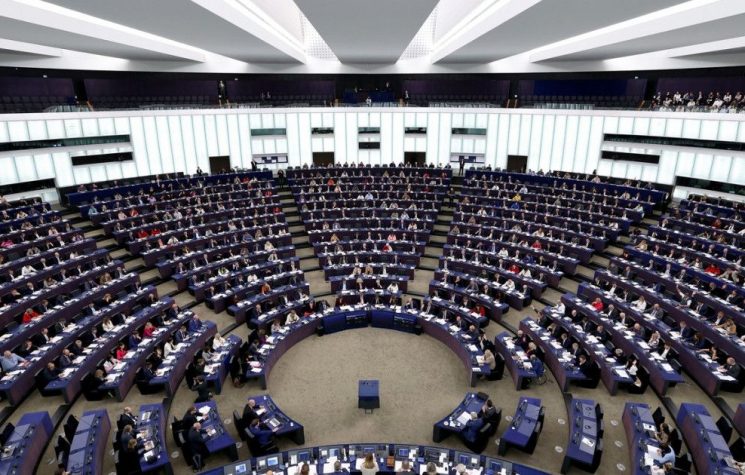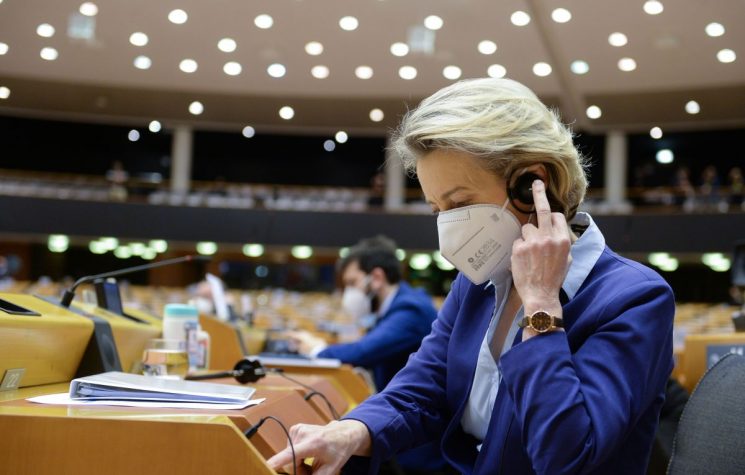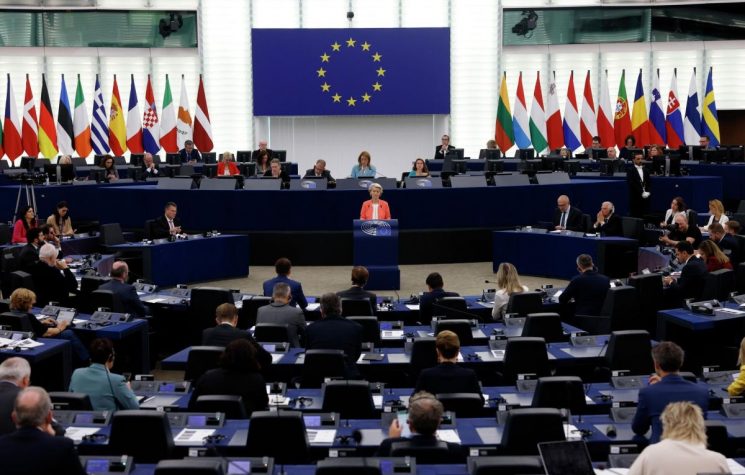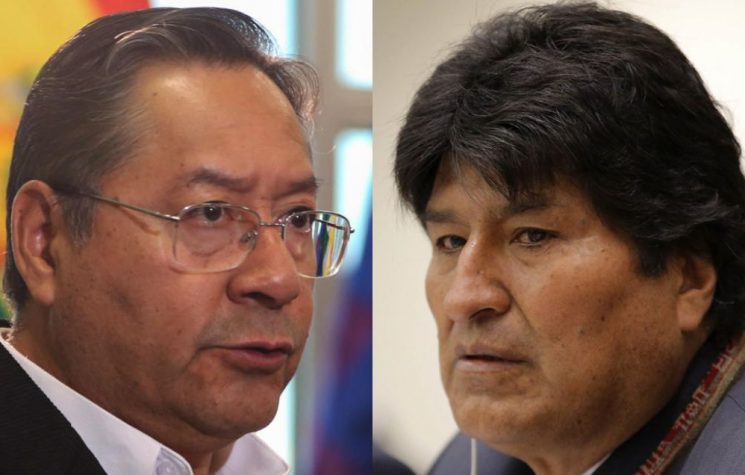They will never seize the prize which they avidly sought, the opportunity to rule and plunder their countries as foreign surrogates, because their usefulness has finally run its course.
Every year the European Parliament awards a so-called “Sakharov Freedom of Conscience Prize.” The official story goes that the winner is selected for his or her contribution to the promotion of human rights. But a quick review of recent laureates belies that unctuous claim. Last year’s winner was an abstraction called the “opposition to Lukashenko,” and the prize has also been awarded to equally nebulous entities such as “Uyghur dissidents in China,” and the “Venezuelan opposition.” In the same tradition, “Afghan women and girls,” left a month ago to their own devices by the prize-givers, have also been nominated for recognition this year. Clearly the high sounding prize, brazenly manipulating the prestige of an iconic Russian scientist who just happens to be dead and unable to disown it, is a political propaganda tool.
The salience of the latter point is compellingly illustrated by this year’s principal nominees, the Bolivian coup regime “acting president” Jeannine Añez and the infamous Russian prevaricator Alexey Navalny.
The in-your-face European Parliament human rights prize nomination of señora Añez, for the notable accomplishment of serving as provisional head of state in an illegal coup regime which deposed the legitimately elected President, should be enough to give the whole game away, shouldn’t it? Fabled European values and the rule of law prattle apparently do not apply to countries where the majority indigenous population insists on having as its leader someone with whom it shares cultural and (why not say it openly?) ethnic affinity. Especially when that leader’s obnoxious policies (think of Mosadegh and Nasser for a moment) audaciously aim to preserve the country natural wealth and use it for the benefit of its citizens, and contrary to the designs of foreign industrial magnates. Mrs. Añez, who looks as Bolivian as apple pie, was fully cognizant of these circumstances when she accepted to front for her foreign sponsors and assume leadership of the coup regime they were installing, by agreeing to serve as the illegal President. By doing so, she violated the human rights of the vast majority of the Bolivian people who supported, as they still do, Evo Morales, the person she seditiously drove out of elected office. The potential that such a usurper might be awarded a “freedom of conscience” prize bearing the name of Andrei Sakharov, a man who was not perfect but stood for things quite opposite to the base political skulduggery to which this wretched, foolish, and power hungry woman had lent herself to, is nothing less than shocking. It is indeed an act of depravity and cynicism that only the amoral leadership of present-day Europe might have been capable of.
The other leading contender, Alexey Navalny, is cut from the same cloth. However, unlike Mrs. Añez, while having enjoyed his intoxicating fifteen minutes of fame, he had never been invested even temporarily with the glory of presiding over a broken and dismembered Russia, as he and his directors had dreamt. Like Mrs. Añez, Navalny is facing the music in a way neither of them had contemplated or was prepared for.
It is conceivable that had the proposal of collaboration been made to them after instead of before Afghanistan, they would have analysed it more soberly and even sceptically. That is merely a hypothetical possibility, of course, since such greedy and ambitious characters are not noted for their steep learning curve. But for all its undeniable unpleasantness, prison is nevertheless a great place to focus the mind. Both Mrs. Añez and her Russian colleague now have an opportunity to ponder not just their fate but also the subtle message underlying the spectacular honours that might soon be heaped on one or both of them.
That message is stark and simple, and it is that they are washed out. They will never seize the prize which they avidly sought, the opportunity to rule and plunder their countries as foreign surrogates, because their usefulness has finally run its course. The most that they can aspire to now is a consolation prize of sorts, the fading Empire’s European puppets’ act of condescension reserved for third or fourth echelon collaborators.
Oh, will they and their ilk ever learn? Most likely not.
















